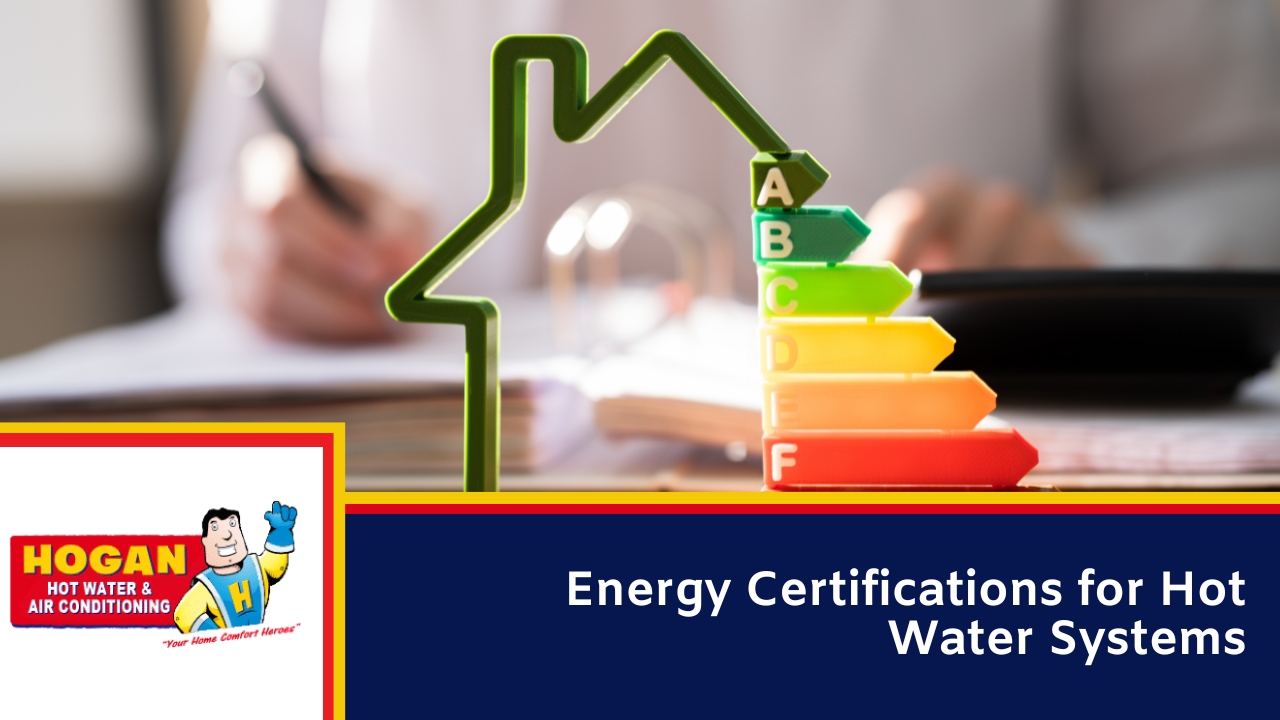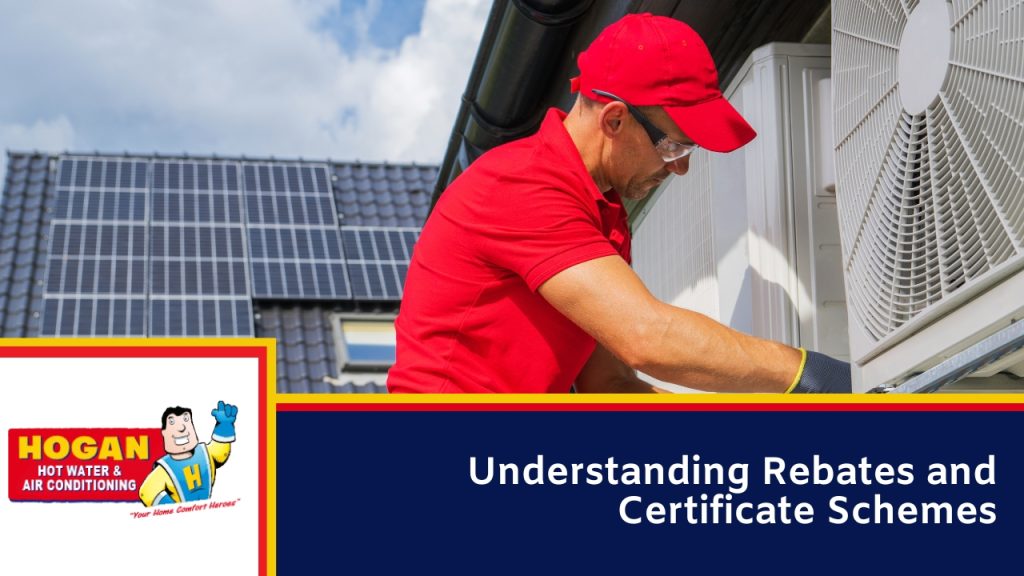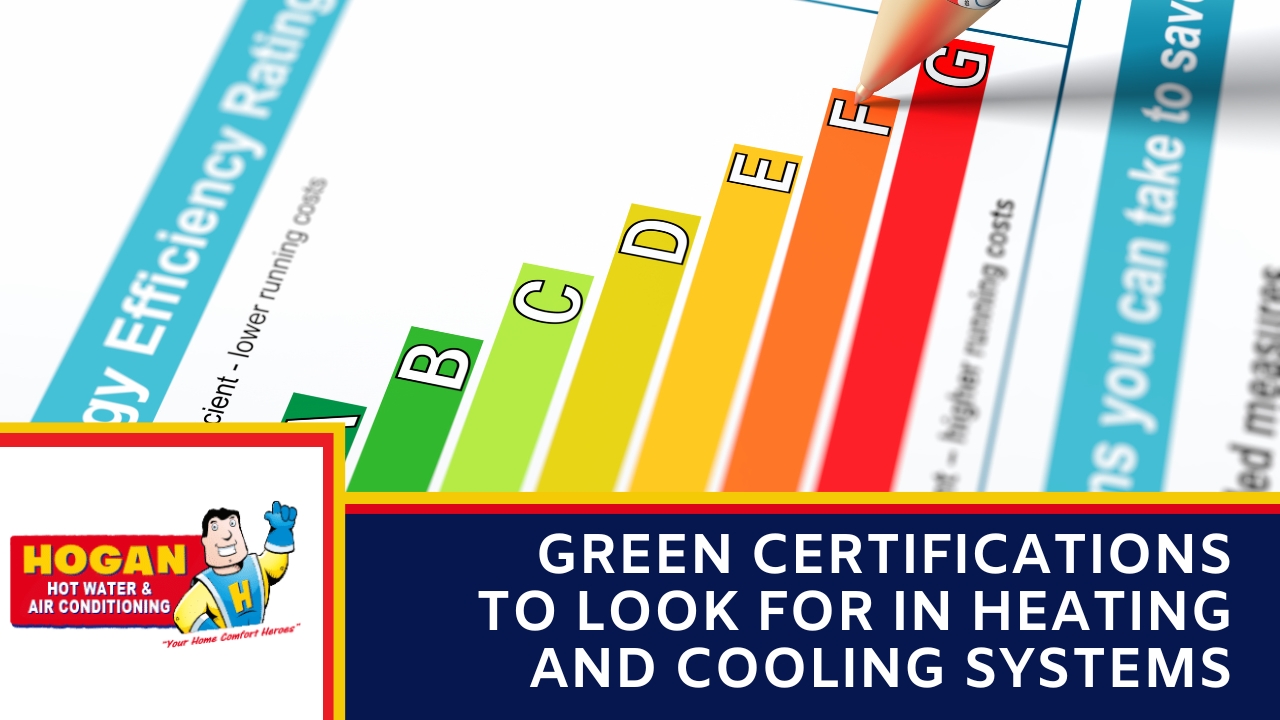Heating and cooling systems contribute to ongoing energy costs in most households. Without clear efficiency ratings, it can be difficult to compare models or predict long-term performance. In New South Wales, homeowners are encouraged to select systems with recognised certifications to help reduce energy use and meet current energy standards.
Certified systems use less electricity or gas to operate and may qualify for government rebates. This reduces running costs and supports environmental compliance. When building or upgrading in areas like Newcastle, Lake Macquarie, or Maitland, selecting certified appliances ensures alignment with state and national energy programs.
This article outlines key certifications applied to air conditioning and hot water systems. It includes labels used in the Australian market, what each program measures, and how the data supports product selection. It also explains which systems may be eligible for rebates or certificate schemes based on location and equipment type.
Energy Certifications for Hot Water Systems
Hot water systems are one of the highest energy users in Australian homes. When replacing or upgrading, efficiency certifications provide guidance on which systems offer lower running costs and better performance. These ratings also help identify models eligible for rebates or government-backed schemes.
The household hot water systems resource outlines the types of systems available, including electric storage, solar, gas, and heat pump units. Some models feature a star rating system, which reflects overall efficiency based on test results.
STC eligibility applies to many solar and heat pump systems. These certificates reduce upfront costs when purchasing approved models. Similarly, the escs can reduce the price of high-efficiency heat pump systems under NSW rebate programs.
Before purchasing, check whether the model qualifies for either certificate program. This ensures financial benefits while meeting energy-saving goals. Efficiency-labelled models often align with performance standards and long-term usage needs.

Certification Labels for Air Conditioning Systems
Air conditioners are a major contributor to household electricity use, especially during summer. To assist with model comparison, energy labels and performance standards are required for most systems sold in Australia. These provide standardised data on how efficiently each unit operates.
The energy rating label is required for all non-ducted household air conditioners. It uses a zoned format showing performance in hot, average, and cold climates. Star ratings for heating and cooling are displayed separately, allowing homeowners to choose systems that perform best in their location.
All air conditioning units must also comply with minimum efficiency requirements set under the national Minimum Energy Performance Standards (MEPS). These benchmarks are in place to eliminate low-performing models from the market and support consistent operating efficiency across brands.
When selecting a unit, ensure it has clear compliance with Australian performance standards and that the label matches your climate zone. This allows for informed selection based on expected running costs and required output.
Understanding Rebates and Certificate Schemes
Government rebates and certificate schemes are available in New South Wales to support the installation of energy-efficient hot water and climate systems. These programs reduce upfront costs and encourage households to replace older, less efficient equipment.

Two common programs include the Small-scale Technology Certificates (STCs) and the NSW Energy Savings Scheme (ESS). STCs apply to approved solar and heat pump hot water systems, offering point-of-sale discounts through participating suppliers. The ESCs available under the escs apply when replacing gas or electric systems with qualifying high-efficiency models.
Eligibility depends on system type, brand, and installation method. For example, installing a compliant heat pump system may reduce electricity use and qualify for both certificate types if conditions are met. Certificates are generally calculated based on estimated energy savings over time.
These programs are designed to meet NSW emissions reduction goals while helping homeowners lower operating costs. Details may vary depending on system configuration and location.
Supplying and Installing Certified Systems
Selecting the right heating or cooling system involves more than checking the label. It must also match the home’s size, layout, and usage pattern to perform efficiently. Installation factors—such as placement, zoning, and system sizing—affect how well the unit operates once installed.
Certified systems that qualify for STC and escs can offer cost savings at purchase. However, eligibility depends on system type and proper installation.
Professional advice is important to ensure compliance with rebate schemes and performance standards. This includes assessing whether the system suits site conditions and confirming that certificate incentives apply.
Hogan Hot Water & Air Conditioning supplies and installs systems that meet energy performance requirements. Their team manages selection, eligibility checks, and installation across the Newcastle, Lake Macquarie, and Central Coast areas.
FAQs
Do all air conditioners require a labelled star rating?
Yes. Zoned Energy Rating Labels are mandatory for new non-ducted household systems and show performance in three climate zones.
What rebates are available for efficient hot water systems?
Eligible systems may qualify for STCs or ESCs. These reduce upfront costs and apply to approved heat pump or solar models.
How is performance measured in heating and cooling systems?
Most units are assessed under national standards using metrics like star ratings, EER, and COP to reflect heating and cooling efficiency.
Are solar hot water systems covered by efficiency programs?
Yes. If the system meets program rules and uses approved components, it may be eligible for financial incentives and performance recognition.
Who ensures heating and cooling units meet energy standards?
Government agencies regulate labelling and enforce minimum efficiency thresholds for residential systems sold in Australia.

